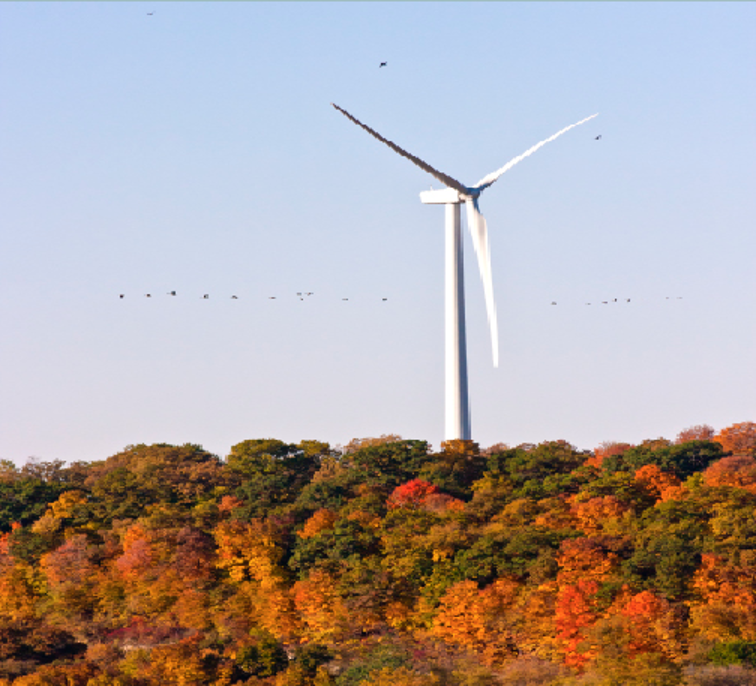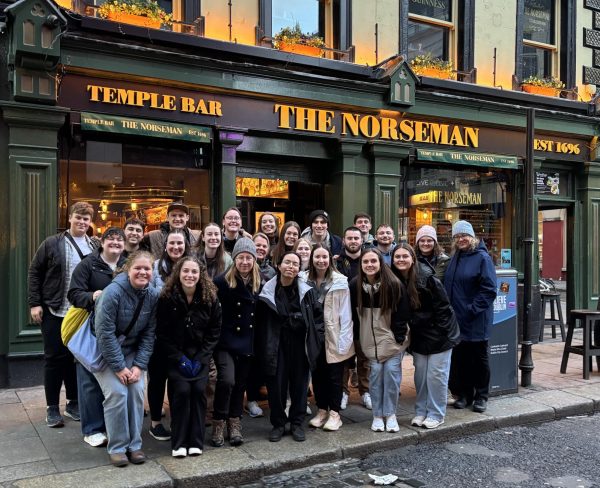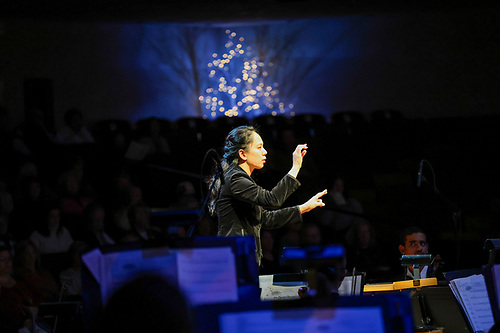Green Living: Sustainability on Campus Amidst a Global Pandemic
Luther has been recognized as the ninth most sustainable baccalaureate college in the nation, but in the time of the global pandemic, living and practicing sustainability has become much more challenging. Since the beginning of October and the return to campus of all students, necessary protocols regarding sanitation have created a great deal of waste on campus.
The largest amount of waste, in part, is a result of Dining Services, which has had to utilize single-use plastic containers and silverware for every meal due to safety concerns. Member of Luther Environmental Concerns Organization and Sustainability Educator in the Center for Sustainable Community Faye Duster (‘22) shared her thoughts on the matter.
“What Sustainability is doing about this is a bit of reactive work, because these changes had to go into effect very quickly,” Duster said. “Sustainability recognized this, and Wayne [Tudor], who is the head of Dining Services, is a huge sustainability head. He is very interested in the college’s goals of sustainability, and so we have been working with him to determine how we can get green containers in the caf [cafeteria] and to encourage students to bring their own silverware.”
Professor of Religion and Director of the Center for Sustainable Communities Jim Martin-Schramm expressed his understanding and appreciation for students’ concerns regarding the excess waste.
“Some students have been dismayed about that,” Schramm said. “I’m glad they’re dismayed. Because it means they are used to being recyclers.”
The negative impact of the pandemic on sustainability on campus does not only include the exponential increase in waste from the cafeteria but also includes the ability of the Center for Sustainable Communities to connect with students through outreach and tabling events. President of Luther Environmental Concerns Organization and Sustainability Educator in the Center for Sustainable Community Logan Olson (‘22) is also trying to find ways to implement sustainable practices on campus amidst a global pandemic.
“While it’s important to keep everyone safe, we’re trying to work hard to figure out ways to be safe and sustainable at the same time,” Olson said. “We don’t believe that two things have to be mutually exclusive. We’re working on getting green containers for every student on campus, starting with the project of Larsen Hall with how containers will be returned and washed and dried.”
The Center for Sustainable Communities, in collaboration with the Dining Services, is finding ways to be creative, innovative and progressive. Duster explained how the sustainability of Luther’s campus is adjusting to the increase of waste due to COVID-19 restrictions in the cafeteria.
“With COVID[19], there is not a whole lot to be done when it comes to safety,” Duster said. “We’re jumping through a lot of hurdles with these green containers because they have to be safe. We can’t just throw them into the system and hope it will be okay.”
Besides the protocols that have been adjusted due to COVID-19, the college is also continuing to pursue other sustainable goals by running new programs. There is a new Civic Sustainability initiative that the Center for Sustainable Community, Campus Programming, and the Center for Ethics and Public Engagement have been working on.
“The other thing that we’re engaged with, and that President Ward asks our center and the Center for Ethics and Public Engagement to work on, is the Civic Sustainability Initiative, which invites members of the campus community, which includes all of our students, as well as members of the Decorah community to partner with our different centers on campus to address this broad question of Civic Sustainability,” Martin-Schramm said.
There is also a brand new solar field that went online this month, which will more than double Luther College’s solar power production. The solar array also features a large battery storage feature.
“That array is going to generate 10% of the electricity that we consume on campus,” Martin-Schramm said. “We already reduced consumption a lot by conservation and efficiency. My point is the students not just try to be conscientious with recycling but we hope they will be conscientious with their use of electricity and heating field energy.”
Other than the adjusting methods that have been planned, Luther Sustainability Educators seem to agree that students have to do their part as well.
“It is really easy to hide away in our dorm rooms, but stay involved and keep your eyes open to what is going on,” Olson said. “The Environmental Concerns Organization is doing a lot to host events. We are hoping to host a lot of speakers coming up that will bring a lot of energy into the work that we do, so staying connected, even virtually, is so important.”
Due to COVID-19, it takes more effort to create a sustainable community. Olson explained his belief about the importance of the students’ voices to foster a sustainable community.
“We want to be the next generation of Luther students who make their voices heard and really advocates for that change,” Olson said. “Sustainability is part of our identity as part of the Luther community. It’s up to all of us to make sustainable change.”






